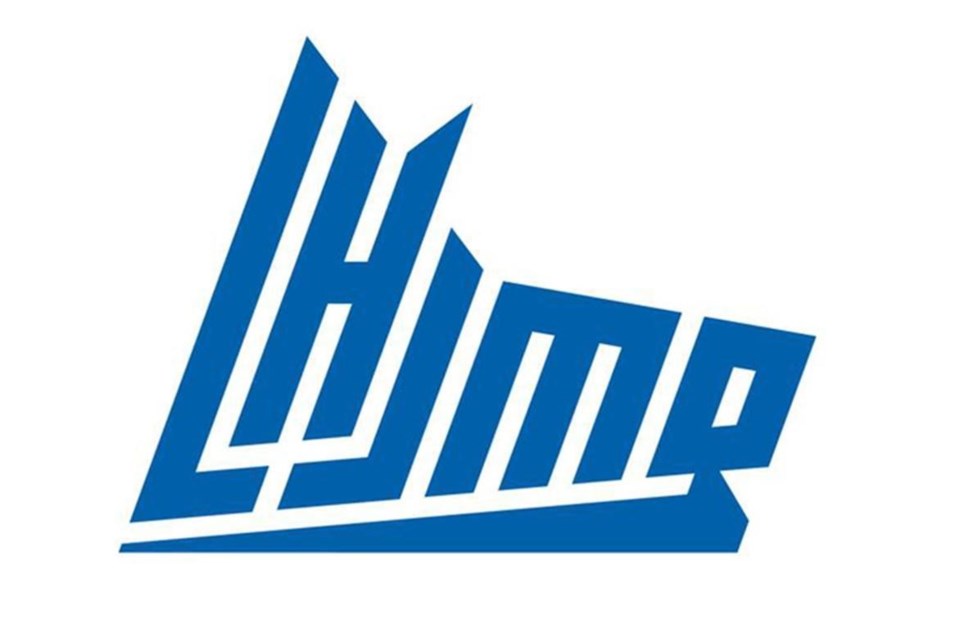MONTREAL — A former player with the Quebec Major Junior Hockey League has filed an application for a class-action lawsuit of more than $15 million against the league and its teams over alleged hazing abuse.
Carl Latulippe played in Quebec's main junior league between 1994 and 1996 and claims he was abused during hazing rituals with two teams.
Latulippe, 45, says that during training camp he was forced by veteran players of the Chicoutimi Saguenéens to undress and masturbate in front of teammates on a team bus, with full knowledge of the coaches. He also alleges that team veterans assaulted rookies with soap wrapped in towels.
The plaintiff's accusations were made public last month in an article in Montreal La Presse. The league said Wednesday an investigation it had opened following that report is ongoing.
In a statement, the league said it takes allegations of mistreatment very seriously and that it "condemns the conduct of any perpetrators or teams that have acted inappropriately and outside the expectations and standards of the QMJHL."
Latulippe was Chicoutimi’s first-round pick in the 1994 QMJHL draft; he was 16. After the masturbation incident on the bus, he left the team without saying why, but the head coach convinced him to return. Latulippe said he discussed the behaviour of veteran players with his coach, who allegedly replied that the hazing would only last a year and helped to build character. He played six regular season games with the Saguenéens.
His application for a class action says he was later traded to the Drummondville Voltigeurs and was also abused by members of that team during hazing rituals. Latulippe alleges that Voltigeurs rookies were required to cover themselves in shampoo to make it difficult for veterans to grab and assault them in the shower.
One Voltigeurs veteran allegedly tore the anus of a rookie by shoving a hanger inside him. Latulippe also describes being forced to binge drink at a team initiation event in Drummondville, Que.
After the Voltigeurs, the plaintiff played for the Beauport Harfangs — who have since become the Quebec City Remparts. He said no abusive hazing incidents occurred while he was on that team.
The class action seeks to represent "all hockey players who have experienced abuse while they were minors and playing in the Quebec Major Junior Hockey League … starting from July 1, 1969."
Latulippe says he suffered from several psychological consequences as a result of the alleged abuse; he says he became addicted to drugs and gambling, preventing him from maintaining his income. As well, he says he hasn't been able to set foot in an arena since his time in the Quebec major juniors and refuses to allow his son to play hockey out of fear the child would suffer similar abuse.
His lawyers said the application for the class action was filed Wednesday at the Quebec City courthouse; a Superior Court judge must authorize it for the case to proceed.
Latulippe's application targets the Quebec league, its member franchises and its umbrella organization — the Canadian Hockey League — and seeks $650,000 for the plaintiff in damages, including pain, suffering and humiliation, as well as lost productivity and therapy. Another $15 million is to be shared among other alleged victims.
The lawsuit notes that both the CHL and QMJHL have codes of conduct in which teams have the obligation to supervise players. A bylaw for Quebec's league states that players must evolve "in a safe and formative environment to prepare them for their life as an adult."
Latulippe's lawsuit says that the defendants, "when they had an obligation to protect the members of the class and to look after their well-being, witnessed the abuse, encouraged it, neglected, tolerated, covered up or ignored it."
Montreal law firm Kugler Kandestin, which represents Latulippe, said their client felt that now was the time to come forward.
"For him it was a sense of responsibility, both in terms of the past with respect to players who have suffered abuse as he suffered and who have continued to suffer in silence," lawyer David Stolow said.
In Montreal, federal Sports Minister Pascale St-Onge said it's clear that hockey needs a culture change, calling Latulippe's lawsuit a signal that things are evolving.
"The fact that people are talking about it today is a good thing because it's breaking the culture of silence and people feel heard," St-Onge said.
In Quebec City, Quebec Sports Minister Isabelle Charest spoke about the importance of going public with accusations.
"I have always told victims to file a complaint when they are in a situation like this," Charest said. "This is what is happening through the justice system (and) my hope for them is to find peace."
The league said on Wednesday it was committed to the well-being and safety of its players and planned to unveil an action plan to reinforce existing initiatives.
The Quebec application came after the Ontario Superior Court in February denied authorization for a class action in that province involving players in Canada's three major junior hockey leagues — including the QMJHL — dating back to 1975.
Ontario Superior Court Justice Paul Perell accepted evidence that former players suffered “horrific and despicable and unquestionably criminal acts” at the hands of teammates and staff during initiations and hazing rituals. But the judge said the plaintiffs failed to present a workable plan to litigate.
The plaintiffs can still appeal that decision or launch individual lawsuits against the leagues and teams.
The Quebec filing excludes anyone who participates in any individual lawsuits in Ontario.
This report by The Canadian Press was first published May 24, 2023.
Sidhartha Banerjee, The Canadian Press



